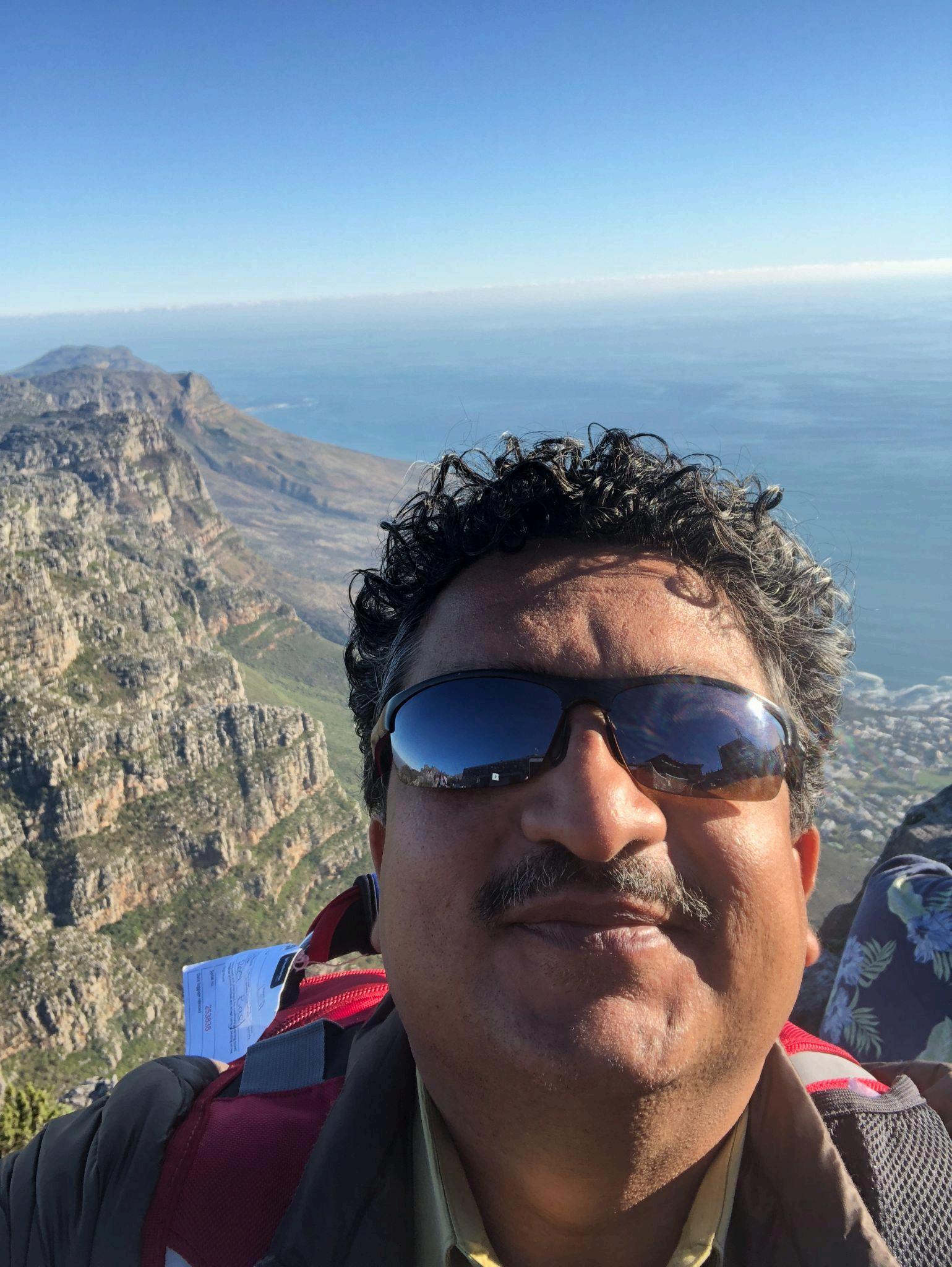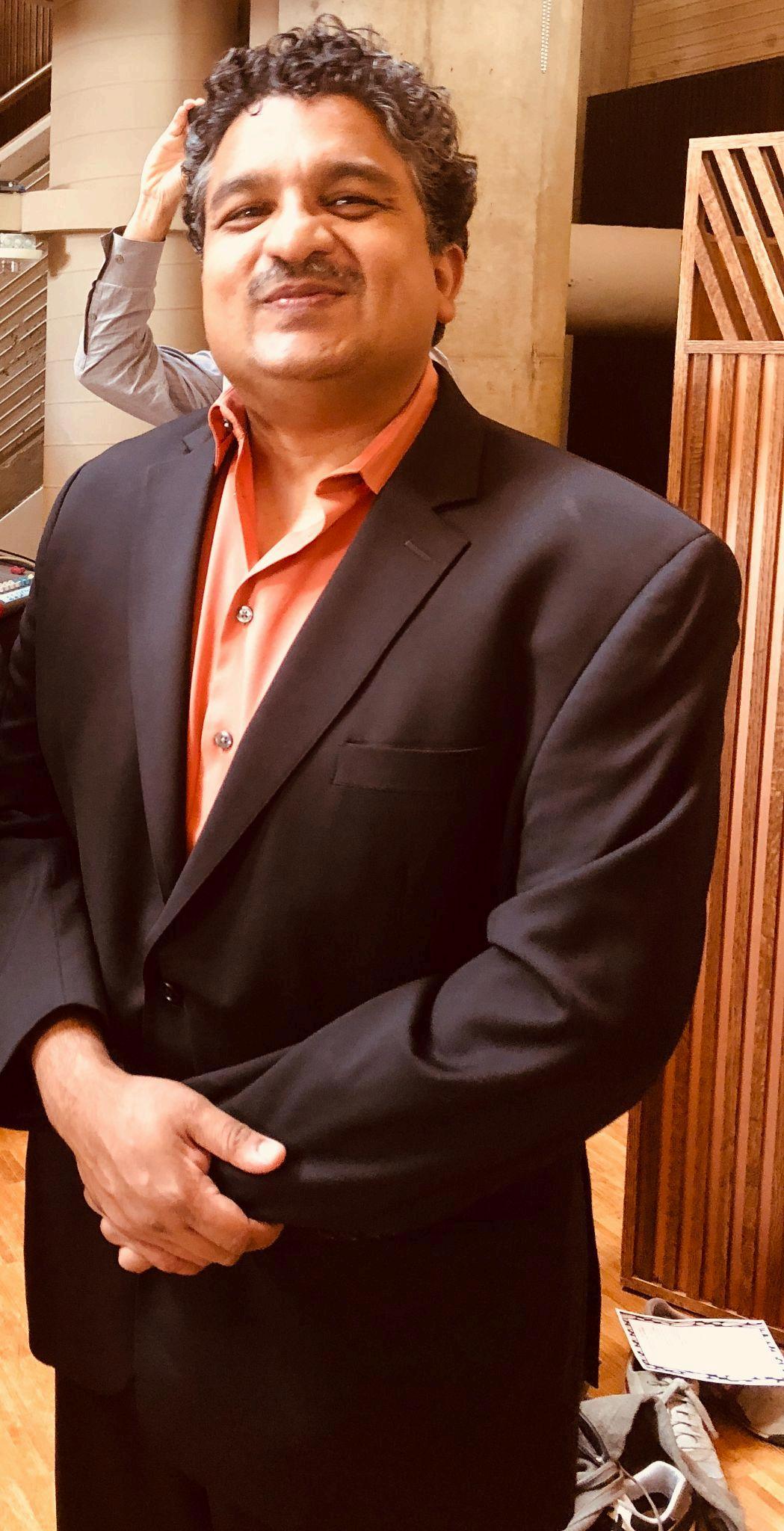Life Beyond Research: Meaningful Hobbies for the Health Scientist

Isam Vaid believes that the life of a health scientist is often filled with rigorous schedules, critical problem-solving, and a steady flow of new information to absorb While this professional dedication plays a vital role in advancing science and improving public health, it can also be mentally and physically demanding That’s why engaging in meaningful hobbies outside of work is not only enjoyable but essential These personal pursuits help maintain balance, inspire creativity, and strengthen the resilience needed to excel in a challenging field.
Reading outside one’s professional discipline is a powerful way for health scientists to expand their thinking. Delving into fiction, history, or philosophy offers a refreshing contrast to academic journals and technical reports It nurtures empathy, strengthens communication skills, and stimulates new ideas by exposing the reader to different perspectives. Such broad-based reading can spark creativity that might eventually enhance professional problem-solving.

Physical activities like hiking, swimming, or cycling provide a healthy counterbalance to hours spent in labs or at desks. Regular exercise helps manage stress, improves overall health, and sharpens focus For example, hiking not only delivers cardiovascular benefits but also offers moments of solitude and connection with nature, which can restore mental clarity. These activities remind scientists that caring for one’s own body and mind is just as important as caring for the health of others

Creative outlets such as painting, music, or photography can also be deeply rewarding Photography, in particular, mirrors scientific observation by requiring patience, attention to detail, and the ability to capture fleeting moments. Music, whether playing an instrument or simply listening, stimulates the brain’s emotional and cognitive centers, offering relaxation while keeping the mind engaged.
Gardening offers a special kind of fulfillment for health scientists, many of whom already have an appreciation for biology and environmental systems. Tending to plants provides hands-on experience with growth cycles, ecosystems, and environmental care The process fosters patience and delivers a tangible sense of accomplishment as plants thrive under careful attention.

Volunteering in the community can be equally enriching. Whether mentoring students, participating in public health initiatives, or contributing to environmental projects, these activities extend a health scientist’s impact beyond the workplace. They also provide valuable human connections and real-world insights that can inspire new approaches in professional work
Cooking is another rewarding hobby, especially for those with an interest in nutrition and wellness Experimenting with recipes and exploring global cuisines combines creativity with scientific curiosity Preparing healthy meals can reinforce personal well-being while offering opportunities to share knowledge of nutrition with family and friends.
Learning new languages or exploring different cultures is especially valuable for health scientists involved in global health or cross-cultural research. Understanding another language or cultural perspective can improve collaboration and enhance sensitivity in community engagement This broader awareness strengthens the ability to address health challenges in diverse populations.

Mindfulness practices such as meditation or yoga help maintain emotional balance and focus Just a few minutes of daily mindfulness can reduce stress and improve decision-making In a profession where precision and clear thinking are crucial, these benefits can have a significant impact
In the end, hobbies are more than just pastimes for health scientists; they are essential tools for personal growth, creativity, and resilience They offer a balance between the demands of scientific work and the need for rest, reflection, and connection. By nurturing their well-being through these pursuits, health scientists not only enrich their own lives but also bring renewed energy and perspective to their essential work
